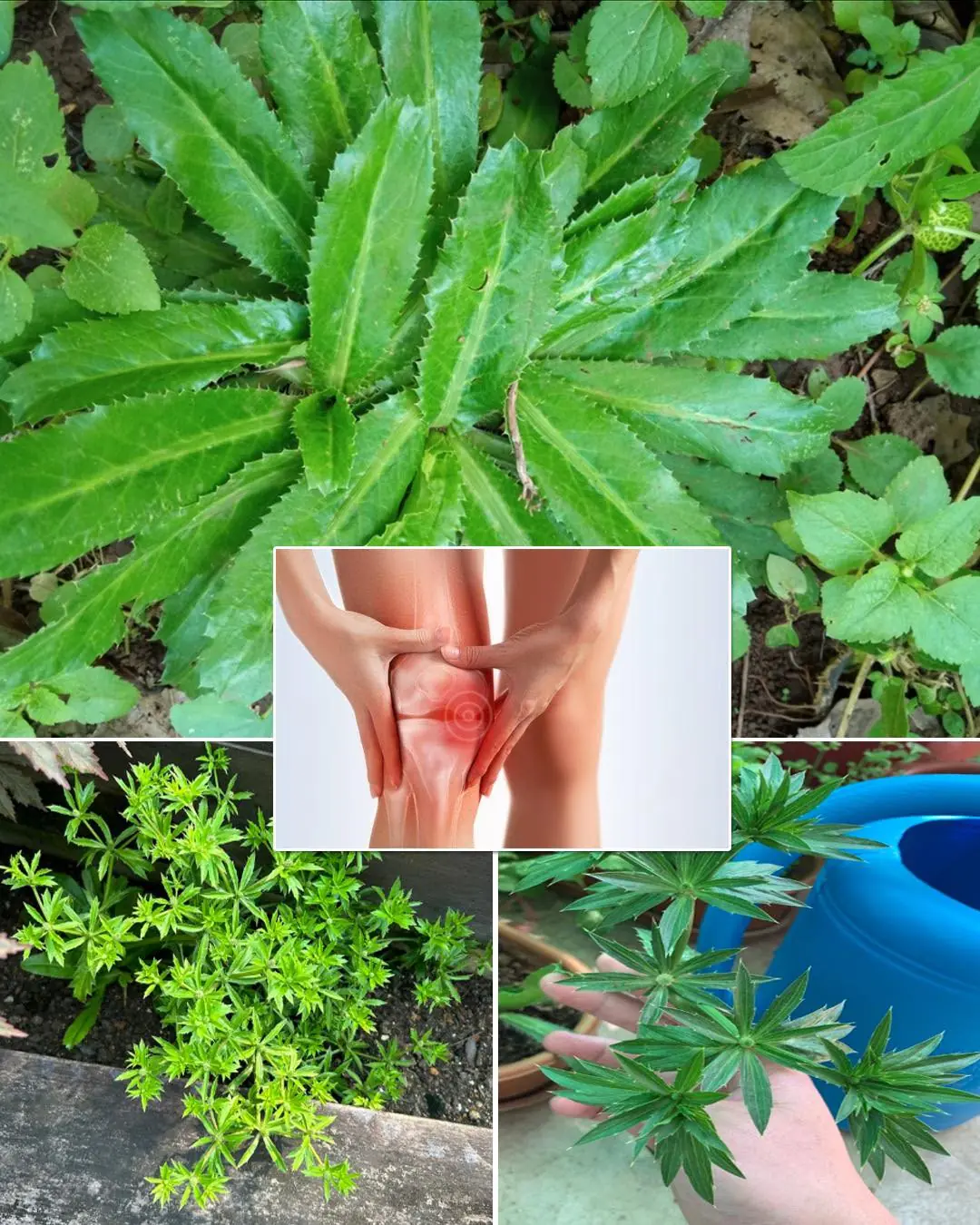
7 Benefits and Uses of Ageratum conyzoides
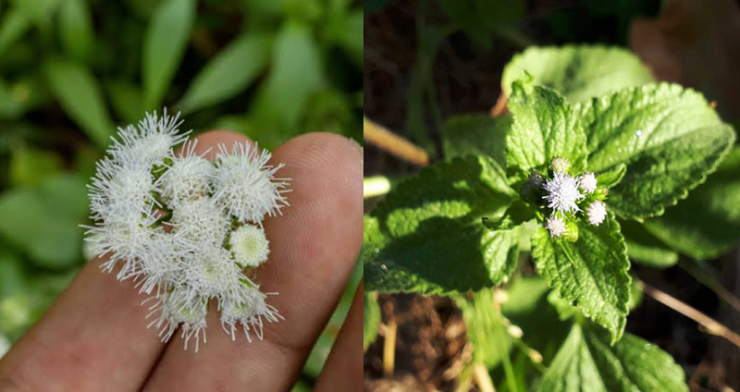
Ageratum conyzoides (Billy Goat Weed): Traditional Wisdom Meets Modern Science
Ageratum conyzoides, commonly known as Billy Goat Weed, Tropical Whiteweed, or Goatweed, is a flowering herb that has been treasured for centuries across Africa, Asia, and South America for its wide range of healing benefits. In traditional herbal medicine, it’s often called a “miracle weed” because of its ability to soothe pain, fight infections, and support natural wound recovery.
Modern studies have also started to explore its anti-inflammatory, antimicrobial, and wound-healing properties, revealing that this humble plant might have more potential than once believed.
Below are seven scientifically and traditionally recognized benefits and uses of Ageratum conyzoides — a natural remedy that bridges ancient wisdom with modern discovery.
1. Natural Wound Healing and Skin Care
The leaves and stems of Ageratum conyzoides are packed with flavonoids, tannins, and essential oils that promote wound healing and help prevent infections.
In many rural areas, crushed leaves are still applied to cuts, burns, ulcers, and insect bites to speed up recovery and reduce the risk of bacterial contamination.
✔ Wound Protection: The plant’s natural antiseptic qualities create a protective barrier against bacteria.
✔ Regeneration Support: Its bioactive compounds help stimulate new tissue formation and reduce inflammation in injured areas.
How to Use:
-
Poultice: Crush fresh leaves and apply them directly to small wounds, burns, or insect bites.
-
Herbal Wash: Boil the leaves in clean water, allow it to cool, and use it as a natural antiseptic wash for skin irritation.
2. Anti-Inflammatory Properties
Ageratum conyzoides contains alkaloids, flavonoids, and coumarins, which are well-known for their anti-inflammatory potential. These compounds help reduce swelling, joint pain, and muscle soreness.
In traditional African and Asian remedies, the plant was often brewed as a mild tea to treat inflammation caused by arthritis, sprains, or injuries.
How to Use:
-
Tea or Decoction: Brew a light herbal tea using dried leaves and drink occasionally for joint or muscle inflammation.
-
Topical Compress: Soak a clean cloth in the extract and apply to swollen or painful areas for natural relief.
3. Antimicrobial and Antifungal Activity
Scientific studies have confirmed that Ageratum conyzoides exhibits broad-spectrum antimicrobial properties, making it effective against certain bacteria and fungi.
It’s commonly used in folk medicine to treat skin rashes, boils, eczema, and fungal infections such as athlete’s foot.
Some modern research even suggests its potential to inhibit Staphylococcus aureus — a bacteria responsible for many skin infections.
How to Use:
-
Topical Paste: Mix crushed leaves with coconut or olive oil and apply to the infected area.
-
Herbal Foot Soak: Boil the leaves, let the water cool slightly, and soak your feet to help relieve fungal issues.
4. Traditional Respiratory Support
In tropical regions, Ageratum conyzoides has long been used as a natural expectorant to help manage coughs, asthma, bronchitis, and chest congestion. The herb helps clear mucus and soothes airways, promoting easier breathing.
How to Use:
-
Steam Inhalation: Add leaves to boiling water, cover your head with a towel, and inhale the steam for several minutes to relieve nasal and chest congestion.
-
Herbal Tea: Drink a mild tea made from the leaves to soothe coughs and throat irritation.
5. Potential Pain Relief (Analgesic Properties)
This plant also acts as a natural analgesic, helping to relieve various types of pain including headaches, toothaches, and stomach pain. Certain compounds in Ageratum conyzoides are believed to interact with the nervous system, temporarily lowering pain sensitivity.
How to Use:
-
Chewing Leaves: In some communities, fresh leaves are chewed to ease toothaches or mouth discomfort.
-
Herbal Compress: Warm the leaf extract and apply it to the forehead or temples to relieve tension headaches.
6. Helps Control Insect Bites and Repels Mosquitoes
One of the lesser-known uses of Ageratum conyzoides is its ability to repel mosquitoes and insects thanks to its strong, aromatic oils. It is traditionally used to treat bee stings, insect bites, and even snake bites in emergency rural settings.
Recent studies also indicate that its compounds could serve as eco-friendly biopesticides in agriculture.
How to Use:
-
Natural Repellent: Rub crushed leaves directly on exposed skin to ward off mosquitoes.
-
Poultice for Bites: Apply mashed leaves to insect stings or minor bites to soothe irritation and swelling.
7. Supports Digestive Health
Traditional healers have used Ageratum conyzoides for generations to support digestive balance, treating ailments such as diarrhea, dysentery, and indigestion. Its mild astringent and antimicrobial properties help reduce intestinal irritation and bloating.
How to Use:
-
Mild Herbal Infusion: Brew a gentle tea from dried leaves and sip small amounts to ease mild stomach discomfort.
-
Warm Poultice: Apply a warm paste of crushed leaves to the abdomen to help reduce cramps and bloating.
Precautions and Safety Guidelines
Although Ageratum conyzoides has many traditional benefits, it should be used carefully:
-
Not for Long-Term Use: The plant contains pyrrolizidine alkaloids, which may be toxic in large or prolonged doses.
-
Pregnant & Nursing Women: Always seek professional medical advice before using; some compounds may influence pregnancy or milk production.
-
Possible Allergic Reactions: A small number of users experience mild skin irritation—perform a patch test before topical use.
-
Moderation is Key: The plant should be used in small amounts only. Modern toxicological data remains limited, so excessive or internal use should be avoided without guidance.
Final Thoughts
Ageratum conyzoides (Billy Goat Weed) is far more than a common roadside plant—it is a remarkable herbal remedy deeply rooted in traditional medicine systems.
From healing wounds and soothing pain to supporting respiratory and digestive health, its diverse benefits have earned it a respected place in natural healing practices.
However, as with all herbal remedies, responsible use and proper medical consultation are essential. With further scientific validation, Ageratum conyzoides could one day become an even more recognized natural ally in holistic wellness.
News in the same category


5 Natural Remedies for Cracked Heels: Red Onion, Sea Salt & More

Pumpkin Health Benefits: The Forgotten Superfood You Need Daily
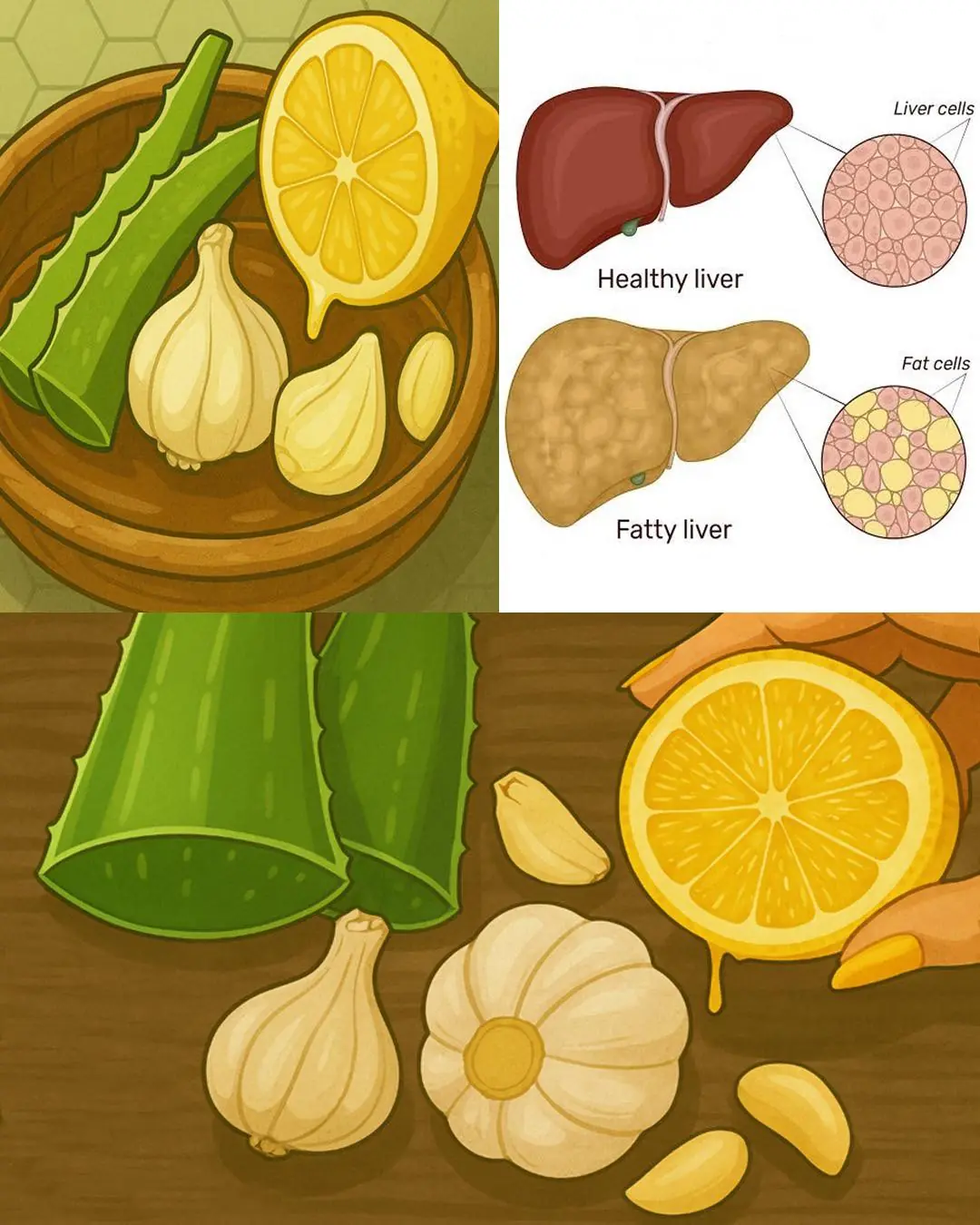
Aloe Vera Super Remedy: Stronger Than Garlic, Lemon, and Fights Bacteria & Fungi Naturally
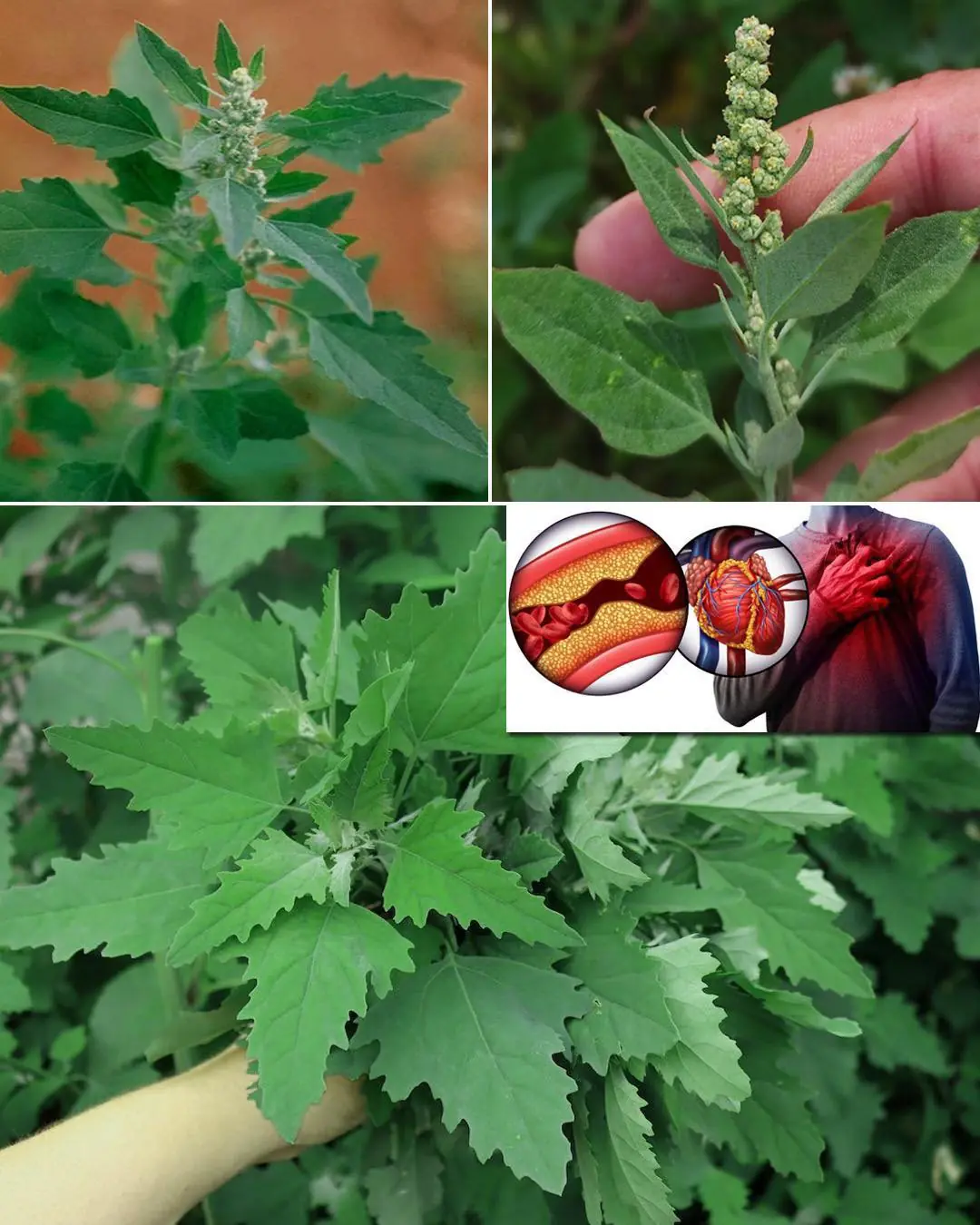
Lamb’s Quarters/Wild Spinach a superfood with health benefits
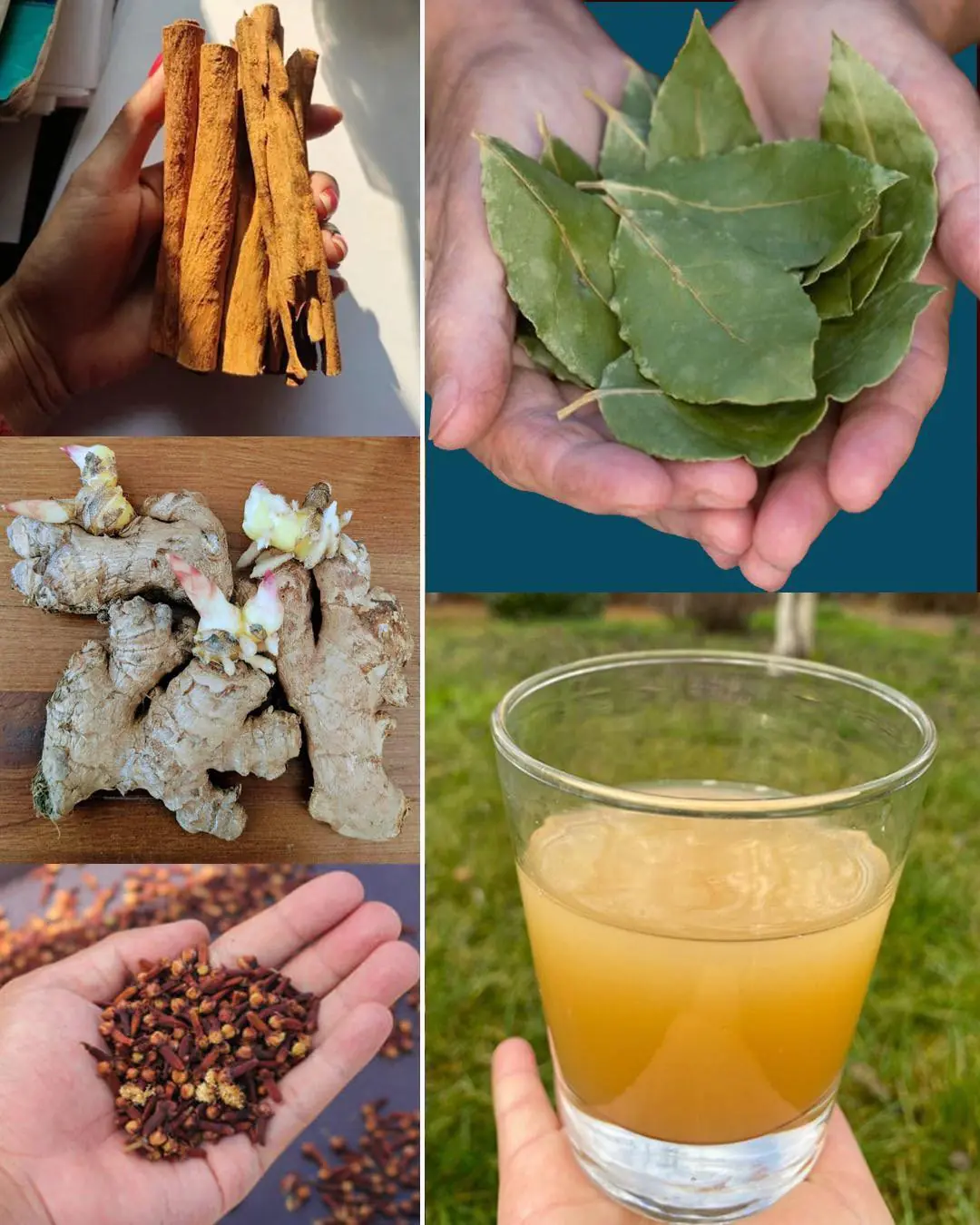
Powerful Cinnamon, Ginger, Bay Leaves, and Cloves Drink: Health Benefits & How to Use It
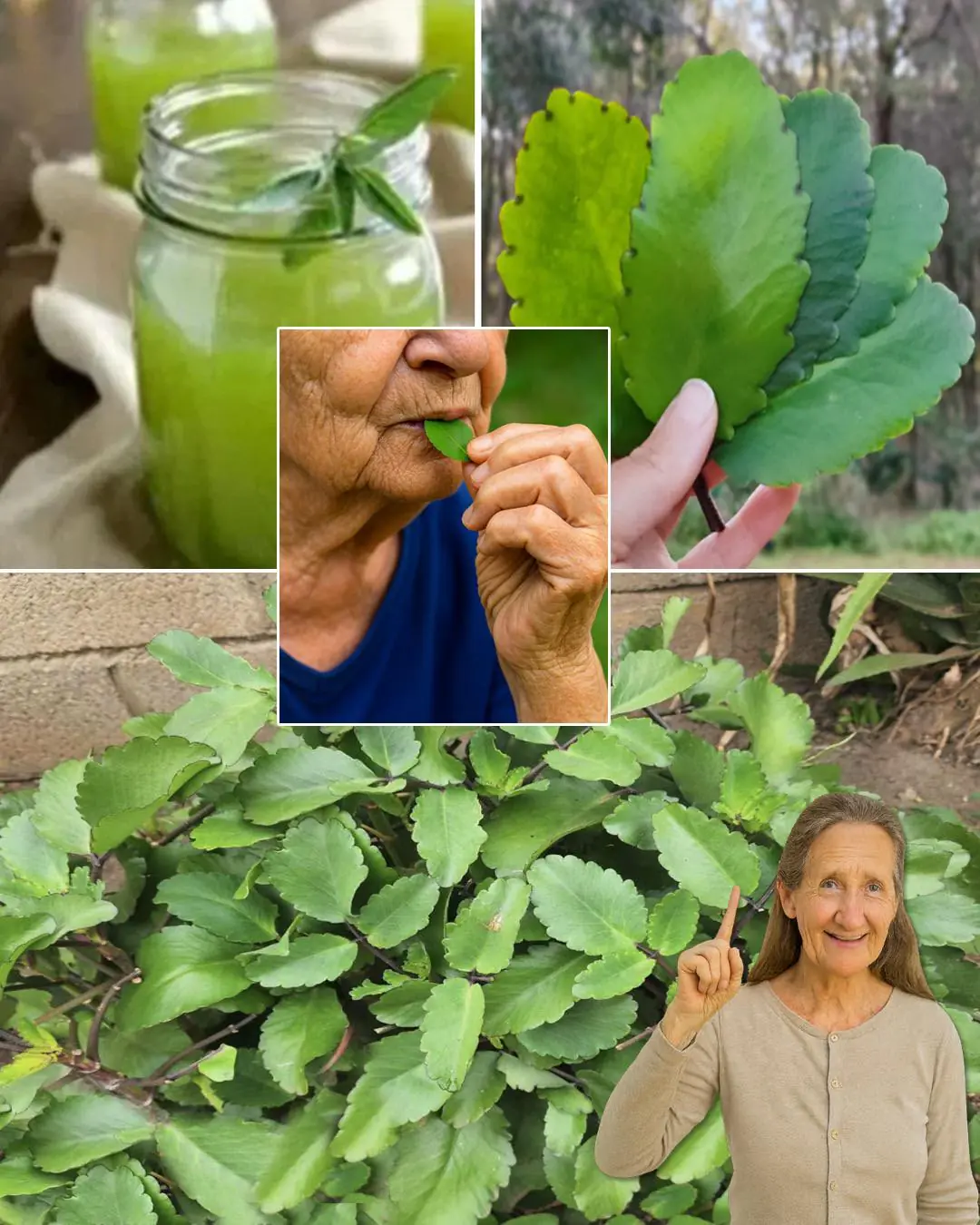
7 Benefits of the Miracle Leaf of Life
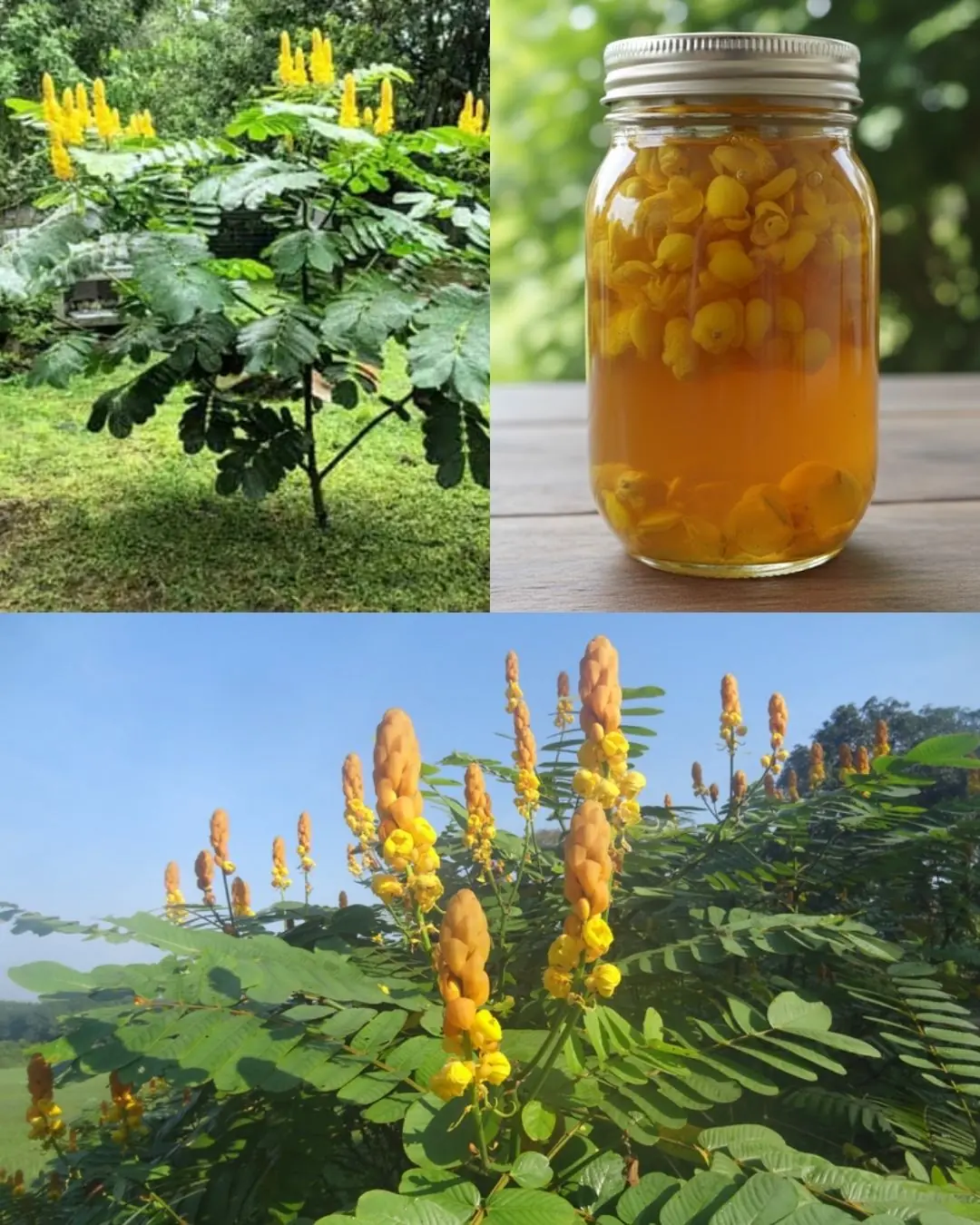
The Powerful Medicinal Benefits and Uses of Senna alata
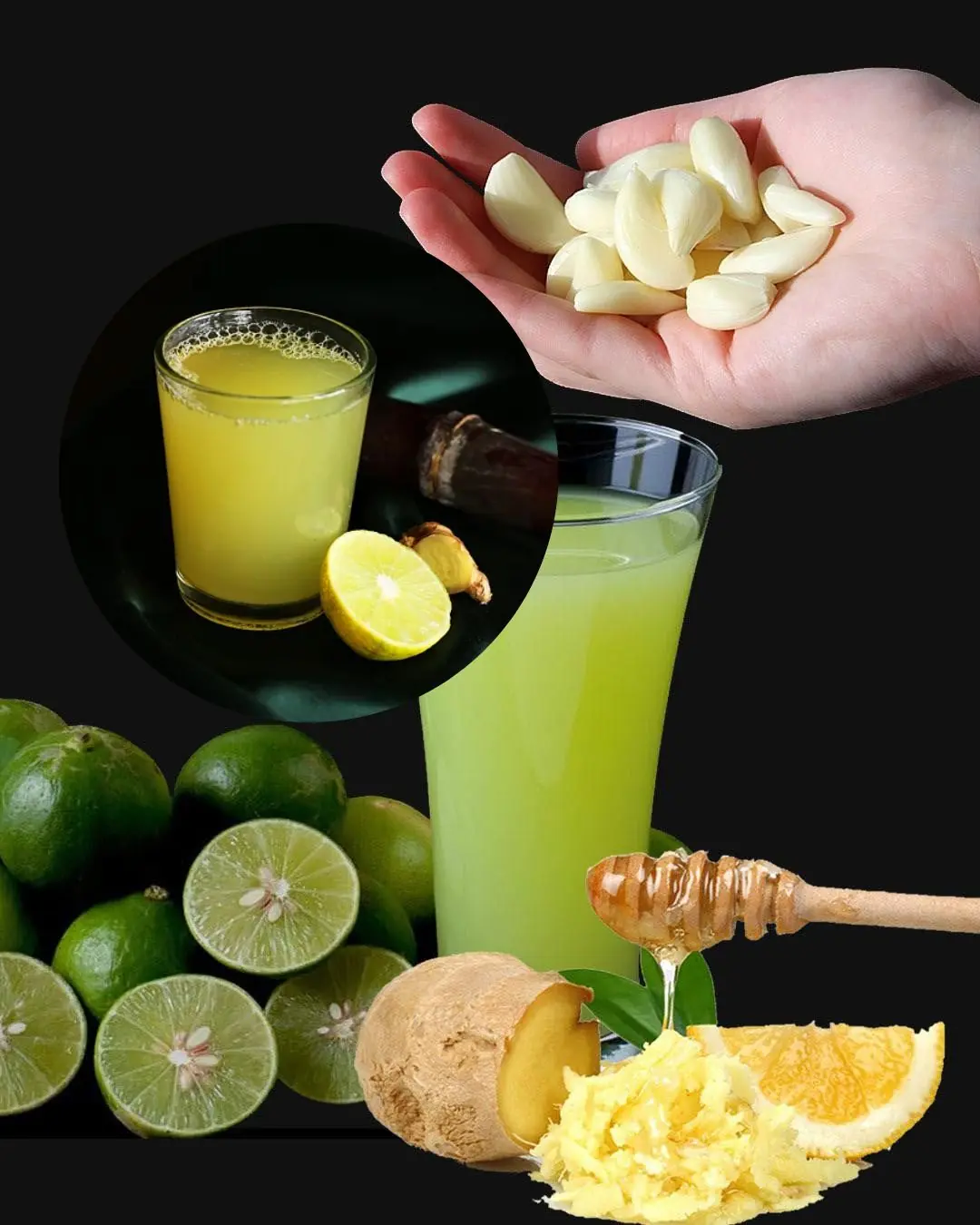
Search Results for: Ginger–Turmeric–Honey: A Golden Natural Remedy

Unlock the Forbidden Sweetness: Why Dates Are the Ultimate Superfood Hiding in Plain Sight
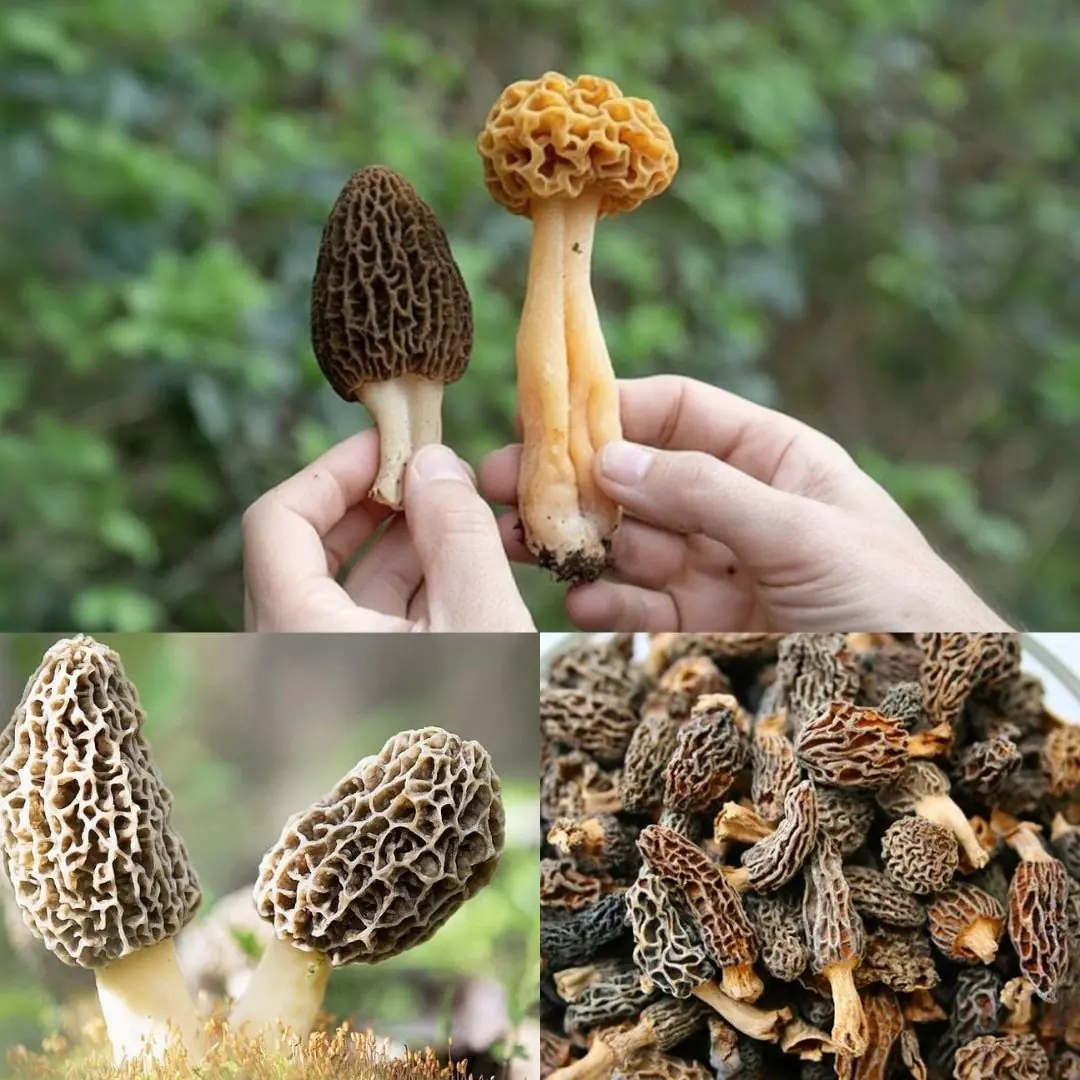
The Fascinating World of Morel Mushrooms: Types, Benefits, and Safe Usage
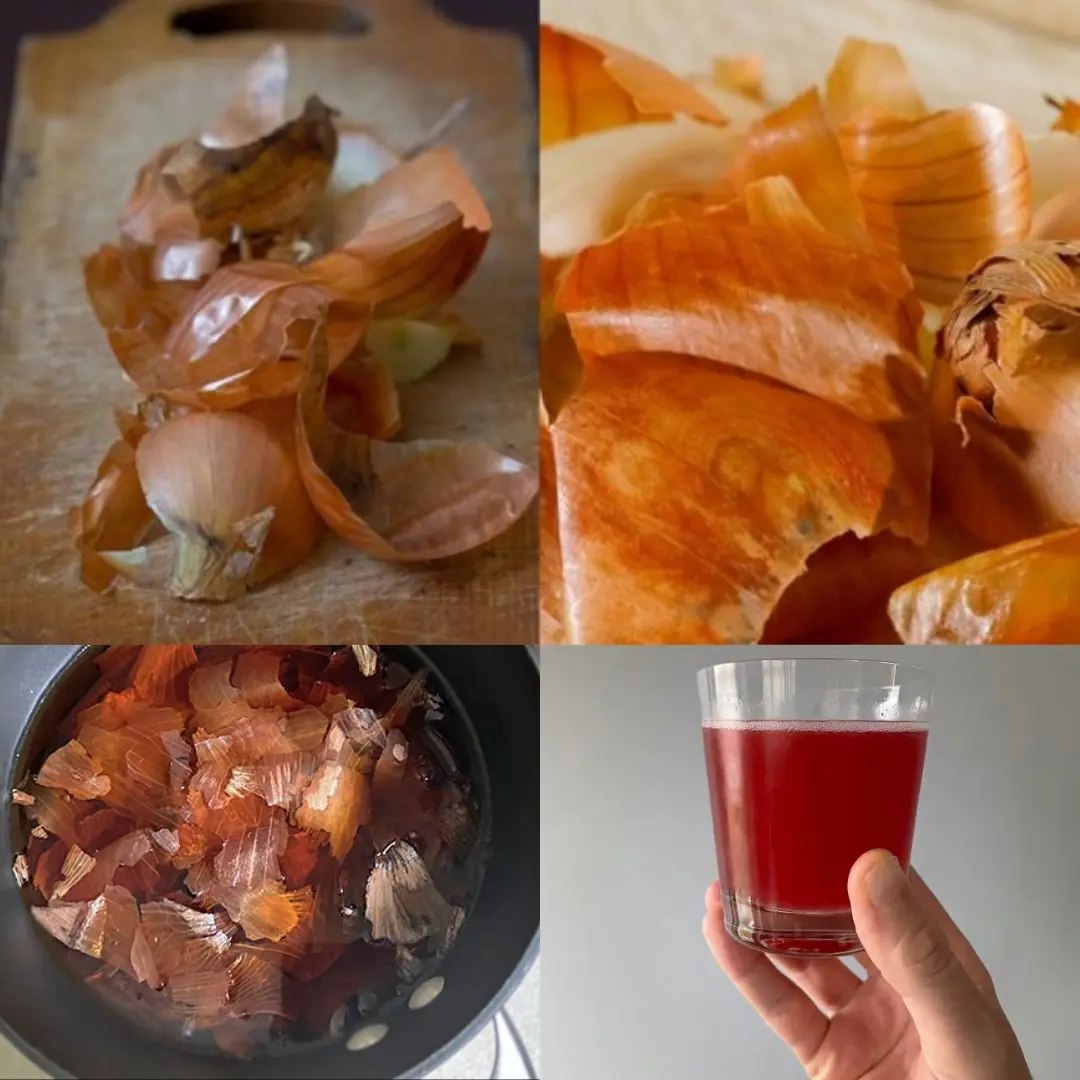
The Hidden Power of Onion Peels: Benefits and Homemade Uses

Beautify with familiar ingredients available in every home

Goldenberries (Physalis peruviana): A Nutrient-Packed Powerhouse for Health and Vision
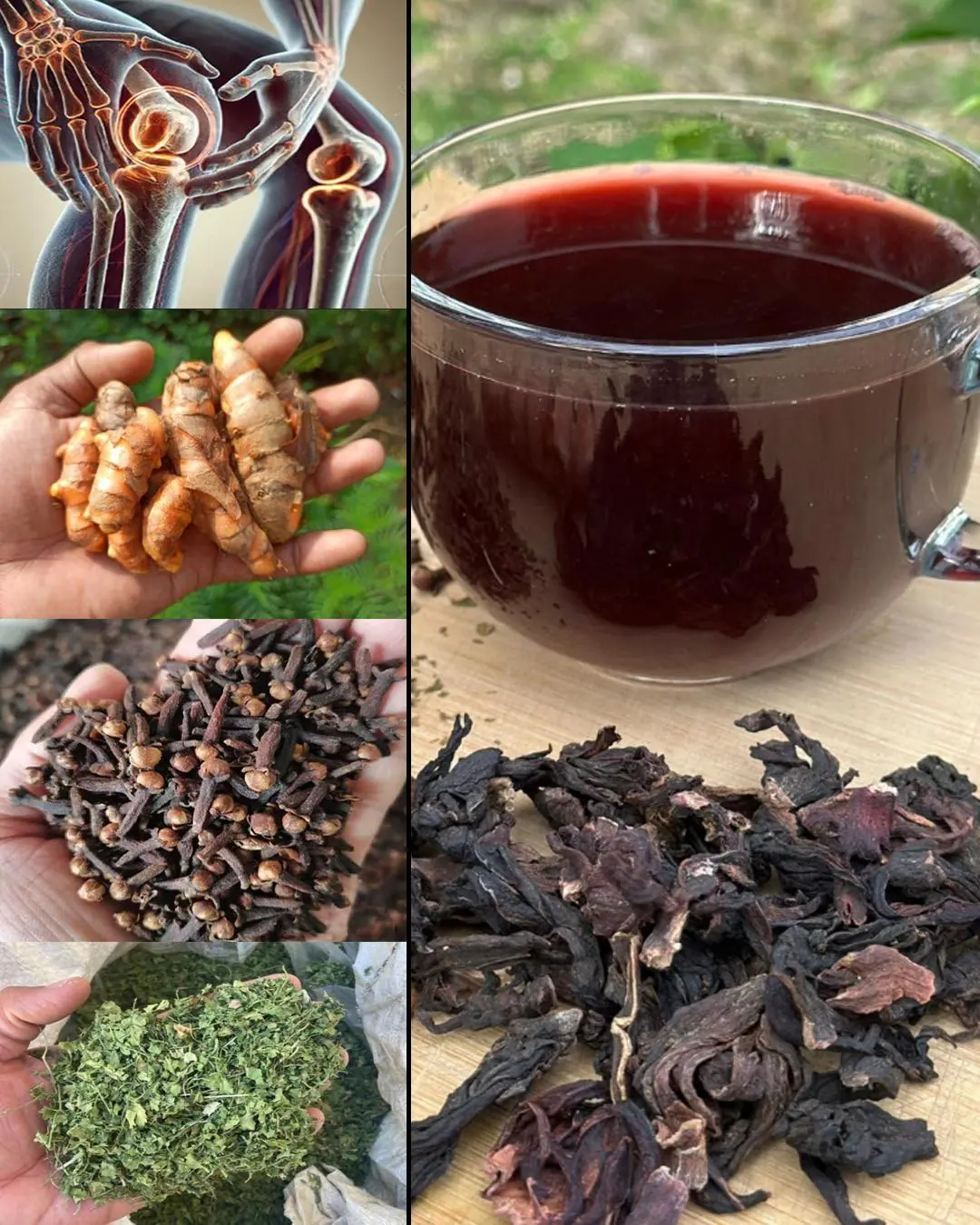
The Miracle Elixir for Diabetes, Fatty Liver and Joint Pain
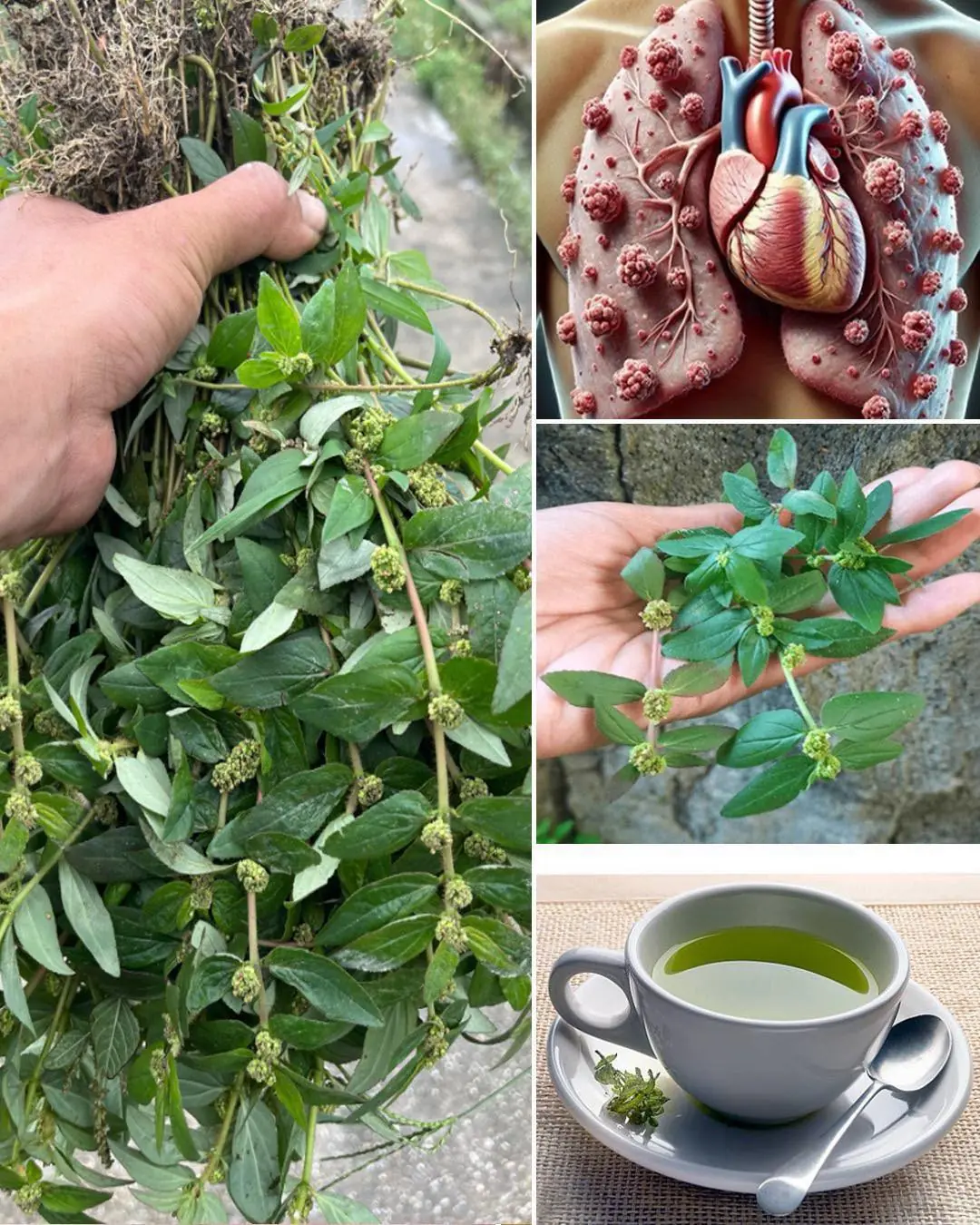
Euphorbia Hirta: 9 key health benefits of this versatile plant
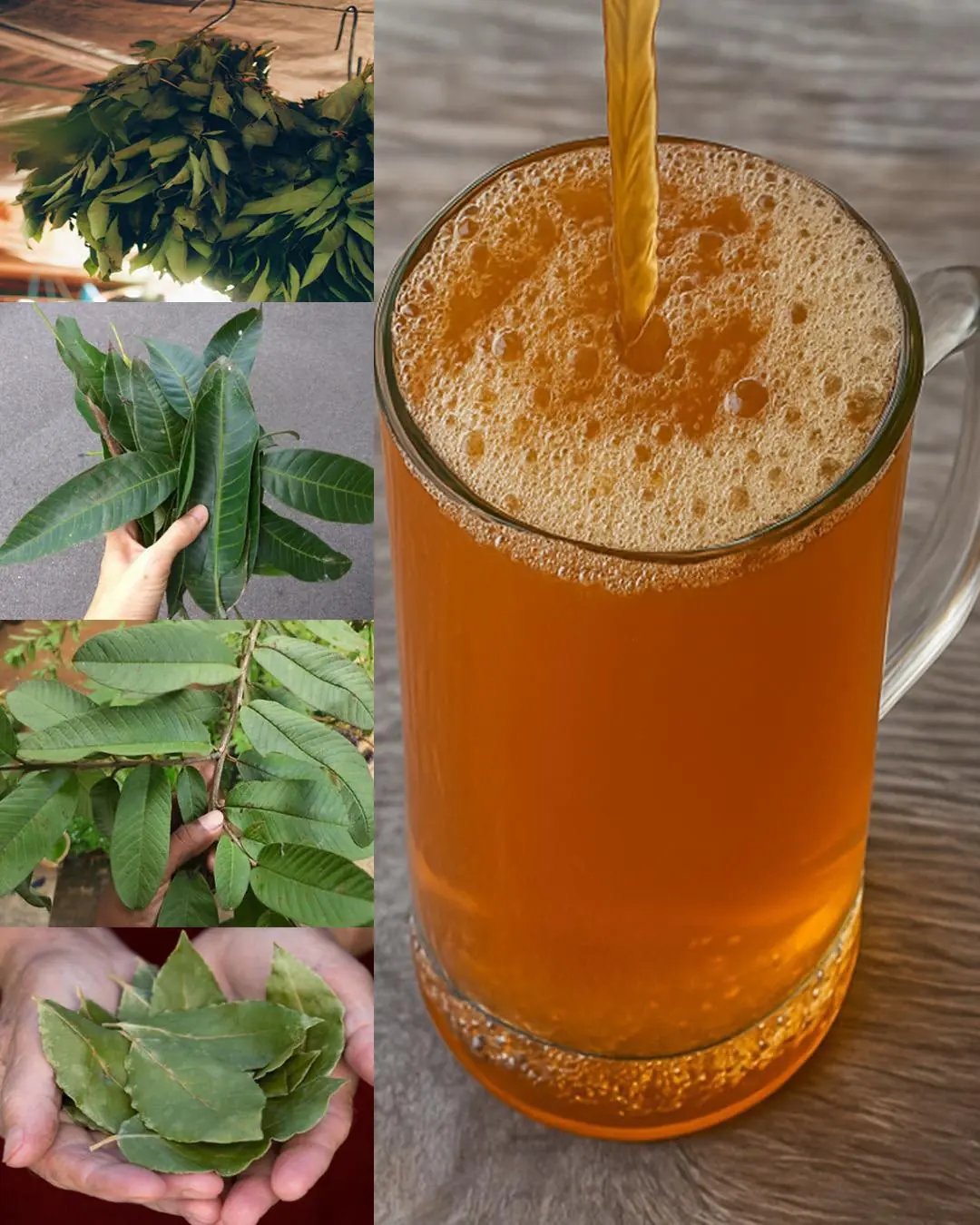
The four medicinal leaves: Avocado leaves, mango leaves, bay leaves, and guava leaves

The Hidden Power of Euphorbia prostrata: Benefits, Uses, and Healing Secrets
News Post

A Mother’s Plea: Fighting for Alan’s Future

Spots of Joy: The Horse, the Pony, and the Dog Who Became Family

The Silent Hero Who Bought Milk for a Thief.

The Lioness Who Found Freedom: From Captivity to Courage.

The Rescuer Who Brought a Baby Elephant Back to Life

If I owe you for groceries, then you should pay for living in my apartment too,” the wife replied to her enterprising husband.

— The apartment is ours now! My son said so!” — my husband’s parents showed up at the door with suitcases.

A homeless boy paused at a fogged bakery window and whispered, “That’s my mom.” In that breath, the life James Caldwell had welded shut with money and silence came apart like thin glass.

A schoolteacher caught her husband in bed with a younger woman, kicked them both out, divorced him, and later met a great programmer at a resort.

“Let me in—now! This is my son’s home!” the mother-in-law shrieked, pounding on the door.

THE WEDDING SPEECH THAT CHANGED EVERYTHING

— Will you tell my fortune? I’ll grease your palm. The old gypsy woman stared at her in surprise.

My Husband’s Mother Held a Family Council — the Decision Took 3 Minutes, but Life Changed Forever

Daddy, that waitress looks just like Mommy!” The words hit James Whitmore like a shockwave. He turned sharply—and froze. His wife had died.

— “My grandma is coming to stay with us… for a couple of weeks,” Kostya forced out, and Rita realized that pregnancy and the upcoming birth were nothing compared to the nightmare rolling toward them.

This may be the first sign of Alzheimer’s

Published 10:25 15 Oct 2025 GMT+1 Warning issued as YouTuber has phone explode on him for first time ever during insane bend test video

How single drop of toxic metal led to teacher's agonizing death 10 months later

Freddie’s Fight: A Young Warrior’s Journey With Childhood Cancer
